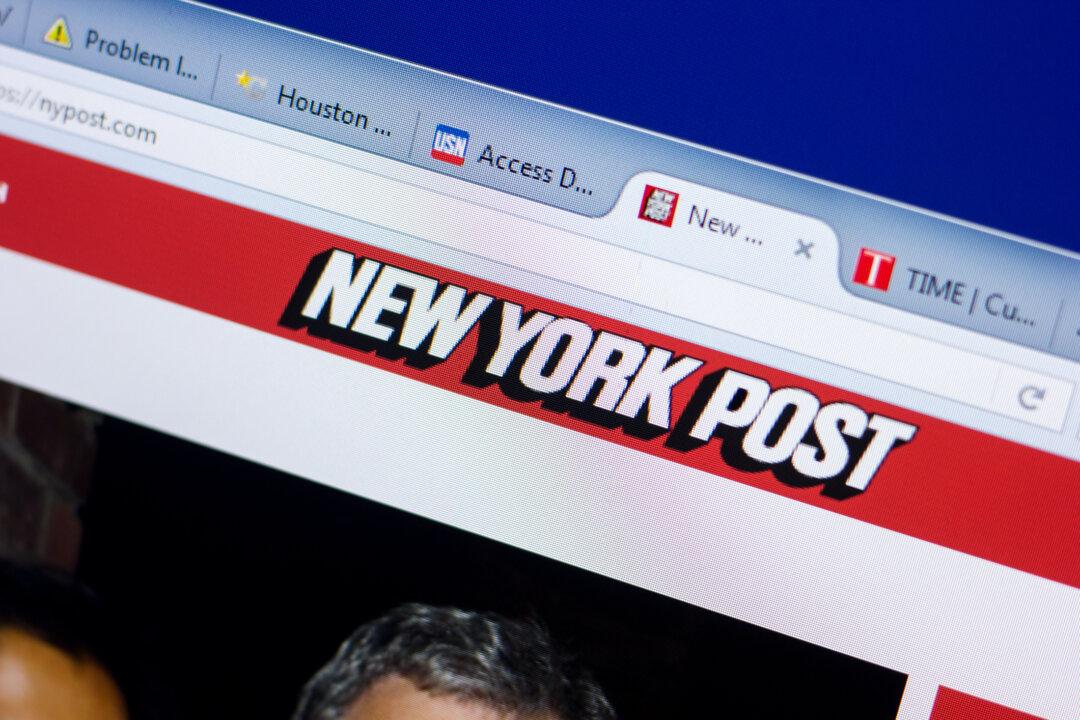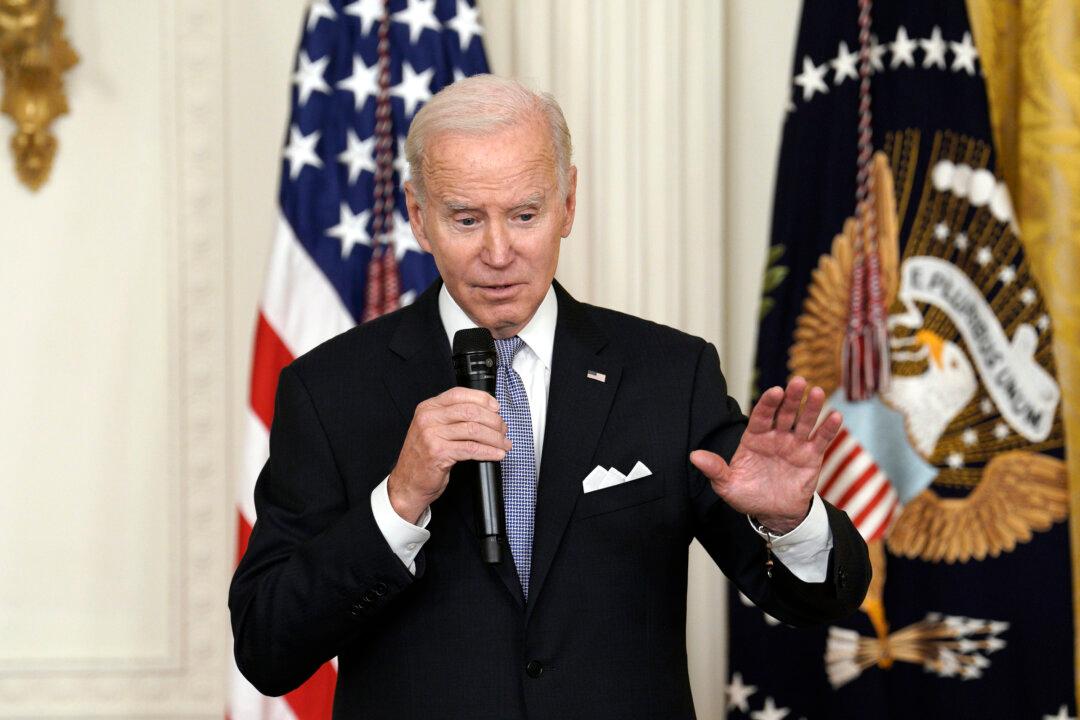Commentary
In years past, when journalism was trusted by consumers much more than it is today, The New York Post might have been nominated for a Pulitzer Prize for its reporting about Hunter Biden’s laptop. New Twitter owner Elon Musk might have also won awards for his revelations of collusion between Twitter, intelligence officials who claimed the story was Russian disinformation, and leading Democrats who were in touch with social media owners to suppress stories that might have harmed President Biden’s re-election.





